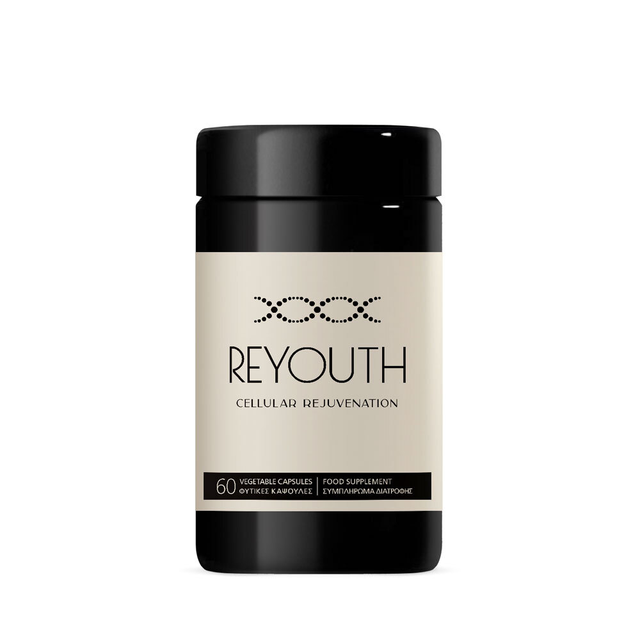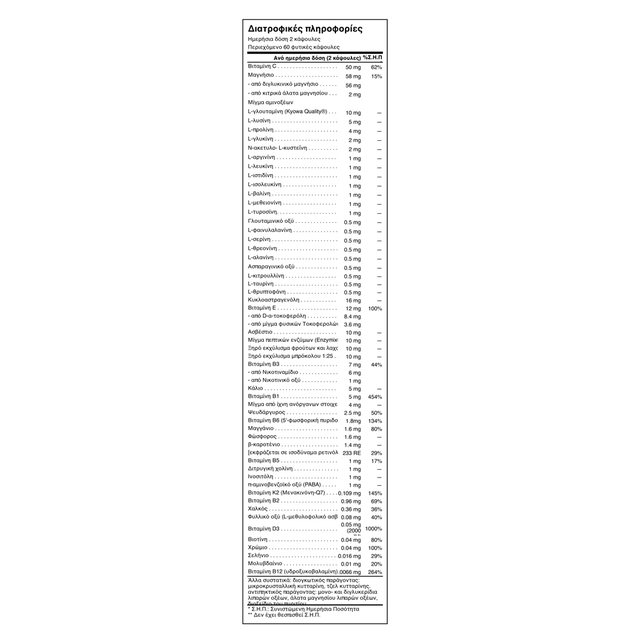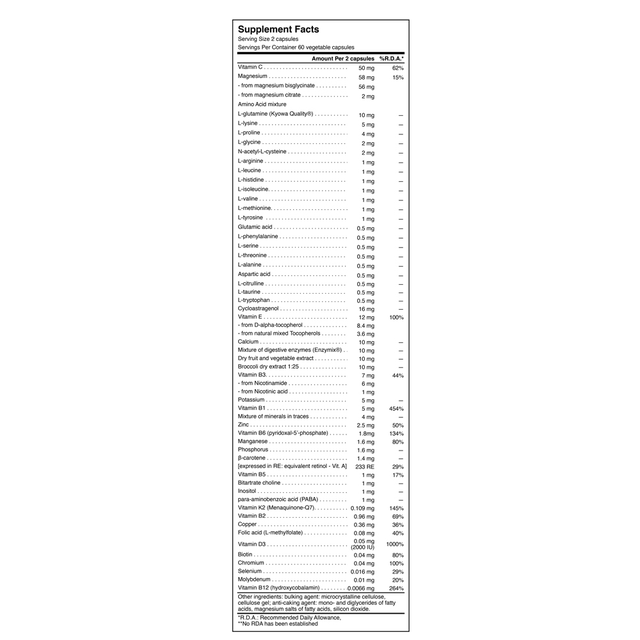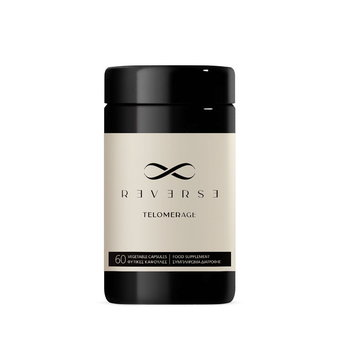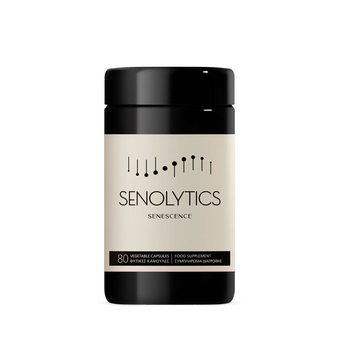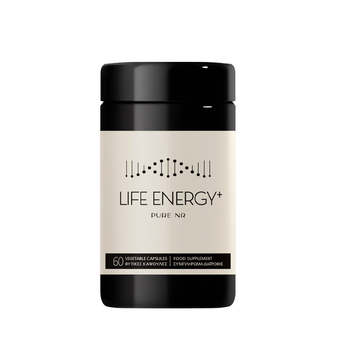PRIVATE MEMBER SALES SEPTEMBER 2021
Reyouth is the result of cutting edge research. According to recent published study Reyouth activates the production of the telomerase enzyme by four times than other nutritional supplements currently available.
All products For Her For Him
NO Chemical Excipients
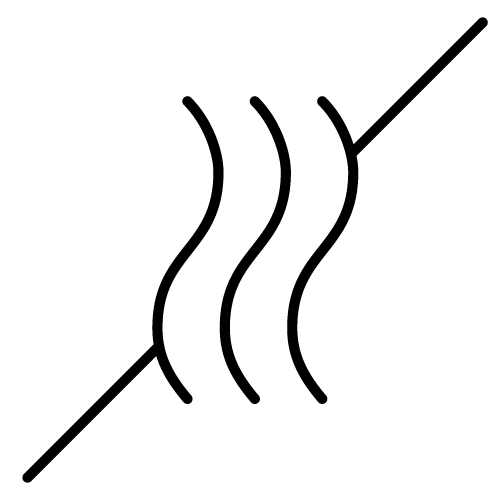
NO Flavors

NO Colorings

NO Added Sugar
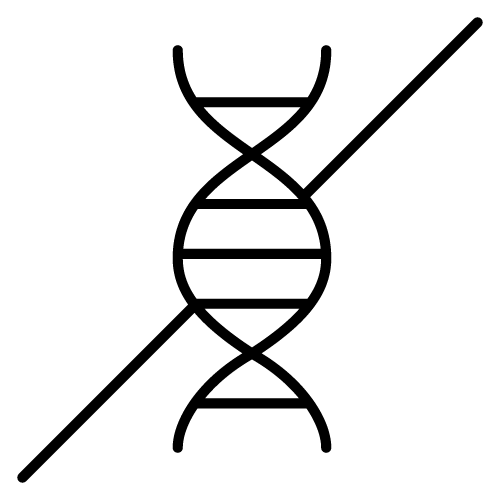
NON GMO
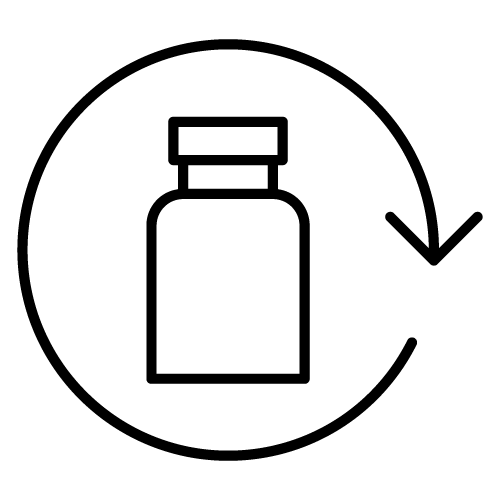
Recyclable Packaging

Vegetarians
You may also like
Reverse
Food supplement with extract of Centella Asiatica, vitamin D, vitamin C and zinc.
299.00€
(1)
Senolytics
Food supplement, Senolytics contains fisetin, resveratrol, quercetin, and grape seed extract, ingredients with an antioxidant effect on the body.
180.00€Life Energy+
Food supplement with Νicotinamide riboside, an ingredient that is a precursor to NAD+, a coenzyme that decreases significantly with age and participates in important biological processes in the body.
80.00€5.0
Based on 2 Reviews
George M.
06/04/2021
Penelope Christiani
19/03/2021
I have seen an amazing improvement so far. Although when I ordered the product they told me I will only feel the difference after 6 months of use, I already start to feel so much energy! Looking forward to also measure my telomeres after 6 months of use.
